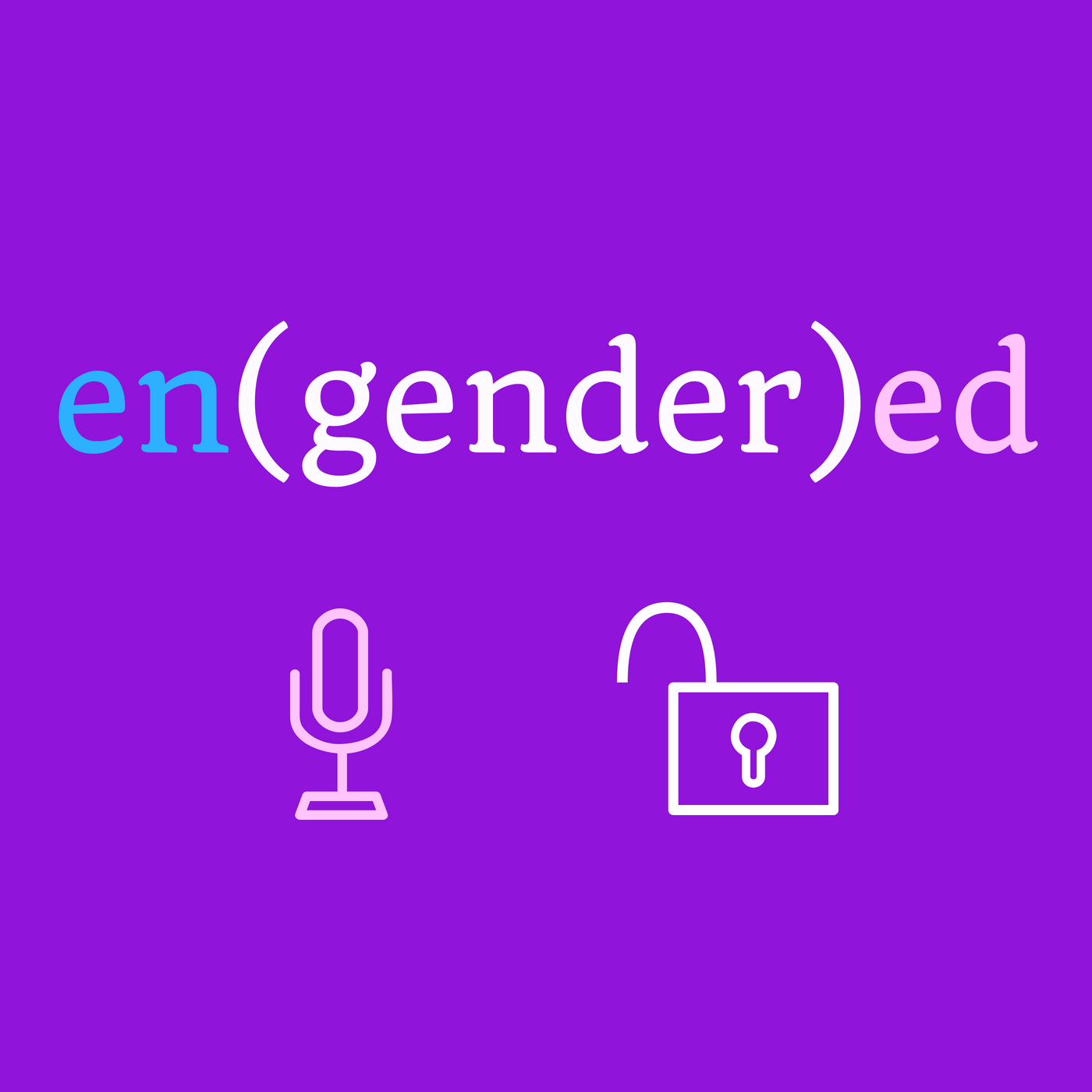
This year, in recognition of DVAM or Domestic Violence Awareness Month, the Engendered Collective hosted a series of community conversations to bring greater awareness to domestic abuse and gender-based violence. This conversation deals with the intersection of abuse and police violence. Our guests included Effy Zarabi, Heather McWilliam, and Nanette Chezum.
Effy Zarabi is a Toronto police officer and has worked for nearly 12 years at the 51st Division. She filed a human rights complaint in 2018 against the Toronto Police Service, reporting sexual assault, harassment, and racism. Effy is currently on sick leave due to her PTSD.
Heather McWilliam served in the Royal Canadian Mounted Police and the Toronto Police Service prior to her medical leave in 2014. While on active service she worked in multiple specialized units including Homicide, Drugs Squad, and the Criminal Investigation Bureau. Her almost six-year human rights case has been called the longest in Canadian history. Heather is now pursuing a career in advocacy which will involve founding a not-for-profit and speaking publicly in support of victims of police culture abuses and sexual violence, those living with post-traumatic stress disorder and mental health injuries. Heather proudly re-initiated her social media voice immediately after the final decision of the Human Rights Tribunal of Ontario in June 2020.
Nanette Chezum is a public speaker educating about Officer Involved Domestic Violence, verbal and psychological abuse, the various types of abuse that fall under the umbrella of domestic abuse, how abuse impacts communities and the early warning signals that manifest in a new relationship.
During our conversation, Effy, Heather, Nanette and I touched upon the following resources:
- Systemic racism and sexism in police culture
- Heather’s human rights complaint
- Teri’s #SurvivorStories interview with Rosaura Torres Thomas about domestic abuse with a cop
- The docudrama, Unbelievable, which depicts rape culture in general and in policing
- Whether and what kind of training might reduce systemic sexism and racism in policing
- Lack of disciplinary measures towards police officers who are accused of and commit domestic abuse
- Jess Hill’s coverage of “women’s police stations” and gender parity in policing as a possible response to sexism in police culture
- “Defund the Police” or “Justice Reinvestment” as it’s called in Australia
- Laws surrounding rape of a person in police custody
- NYC Civilian Complaint Review Board 2018 decision to allow them to begin investigating sexual assault complaints by Police Officers
- The role the International Association of Chiefs of Police can take in increasing accountability for abuse in law enforcement
- Our interview with Nanette and our interview with Angie Rivers
- The use of “transformative justice” approaches to address accountability in domestic violence cases
Don’t forget to subscribe to our show!

